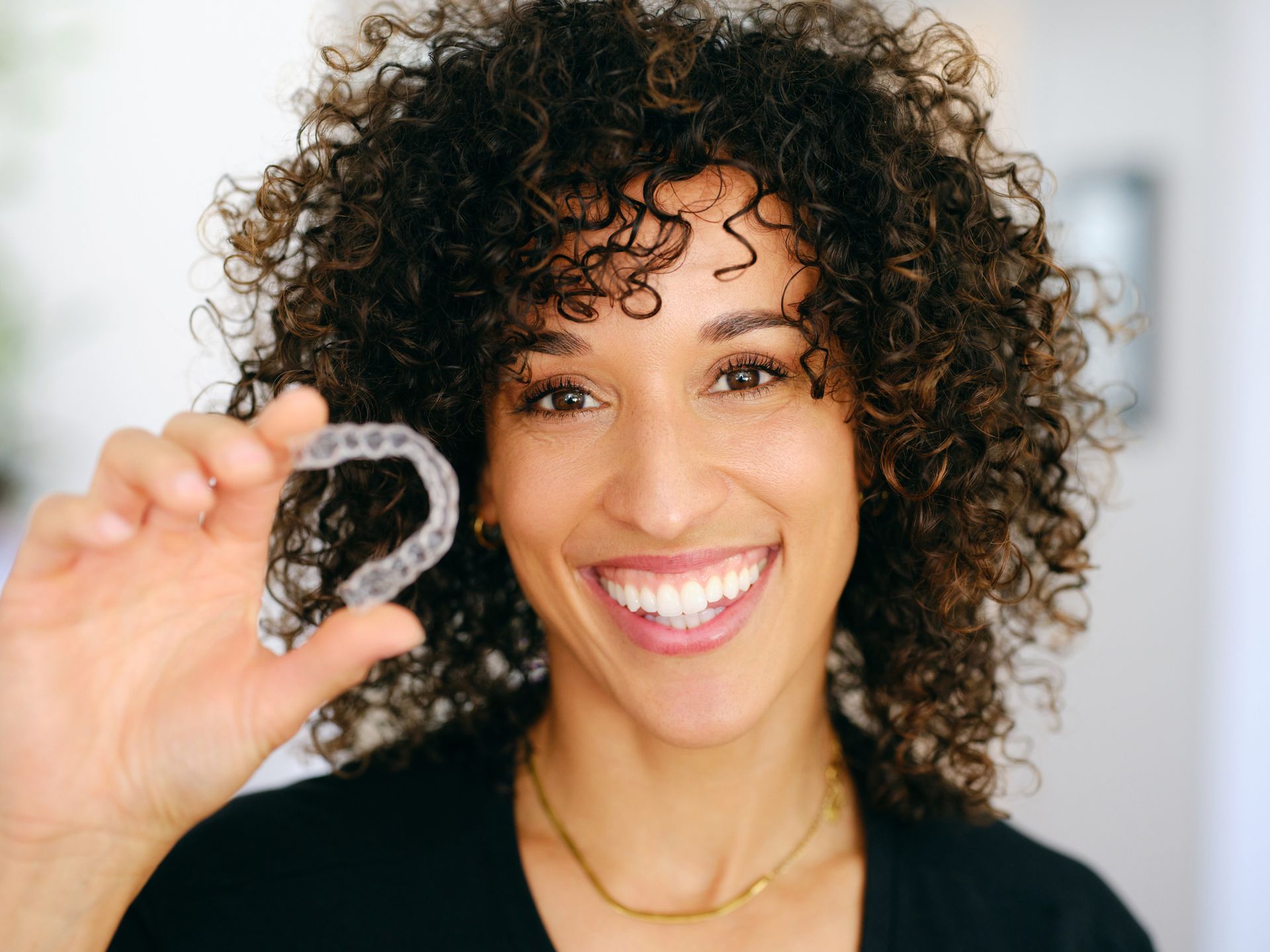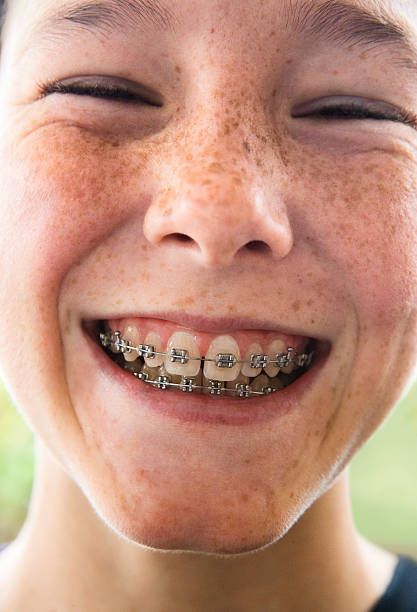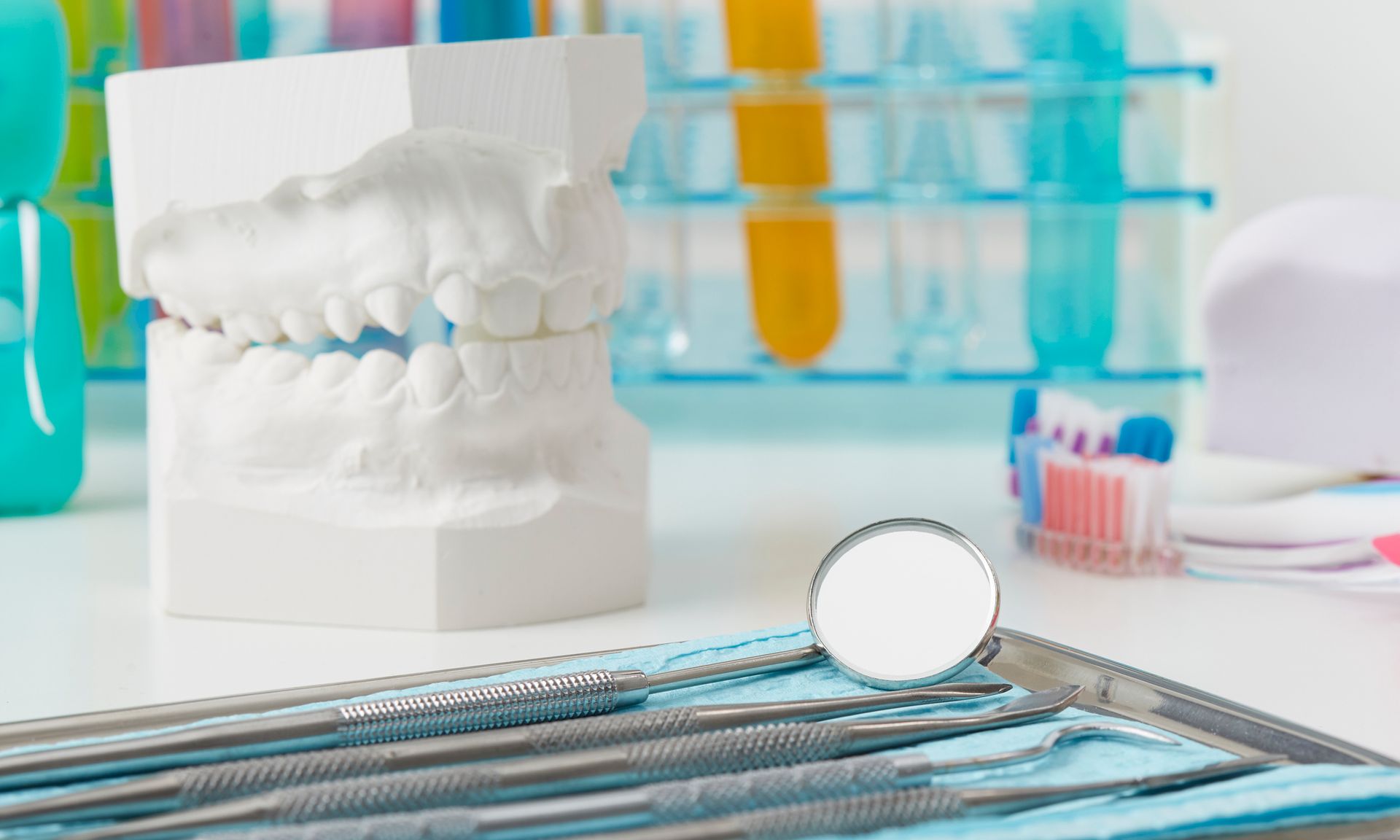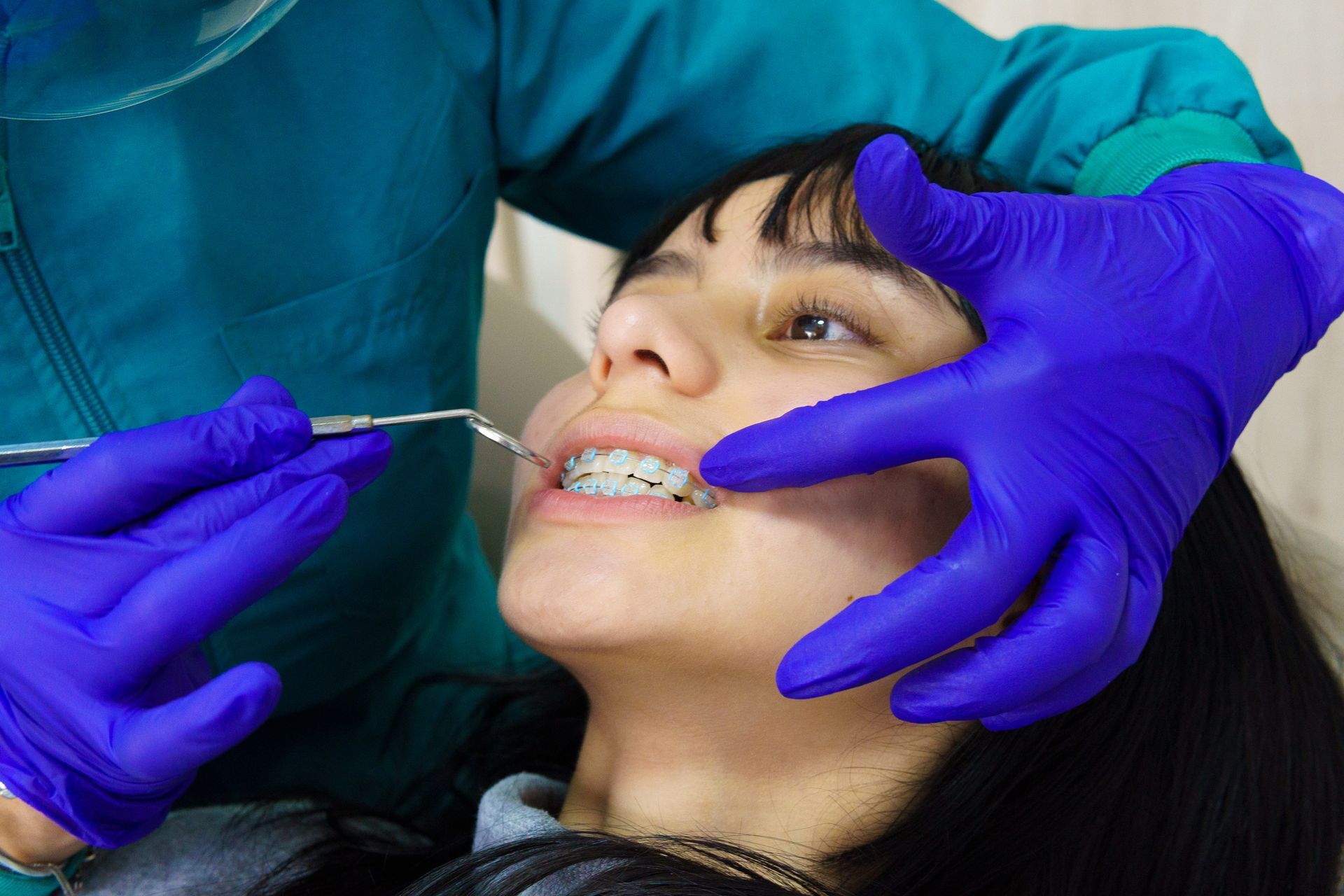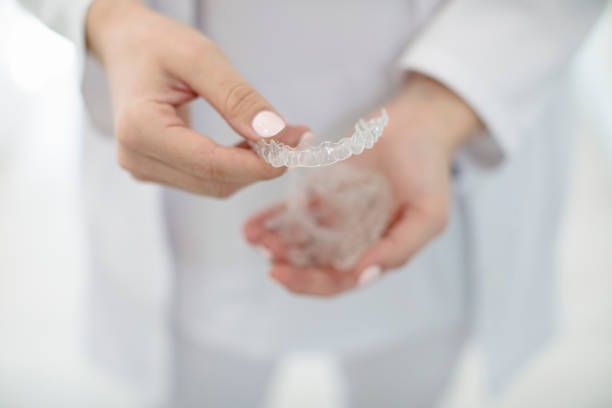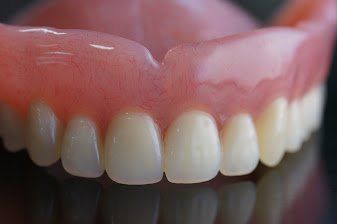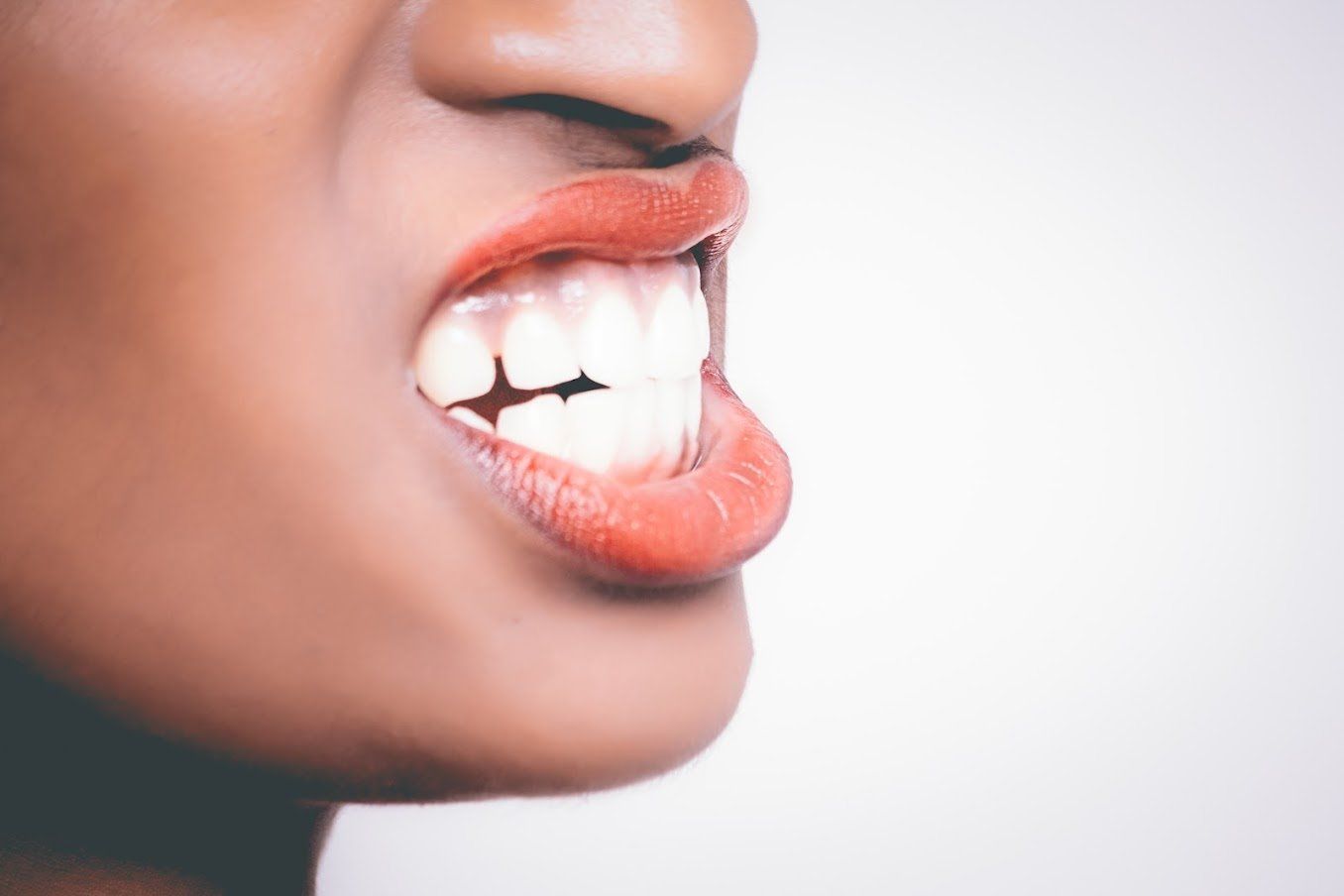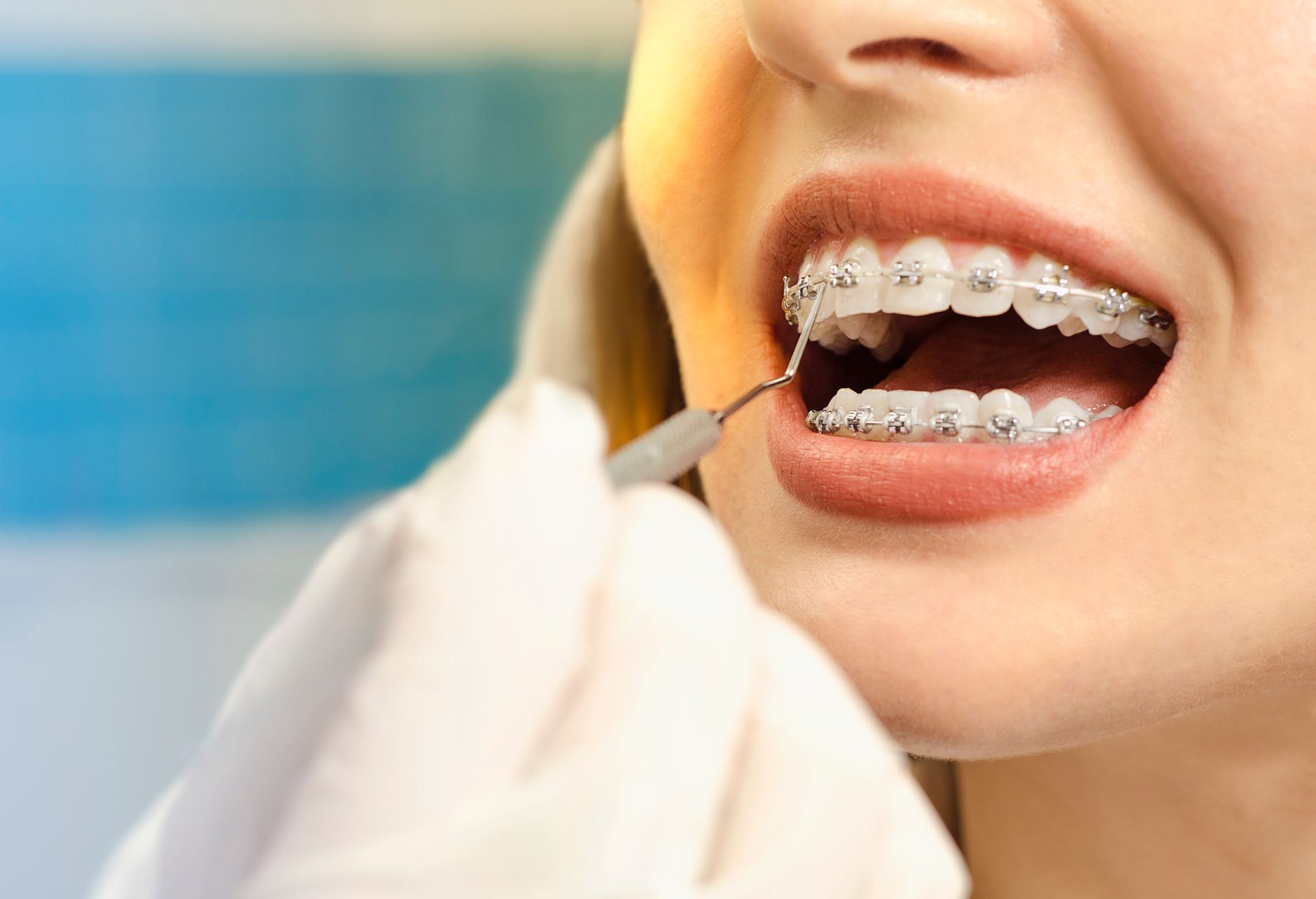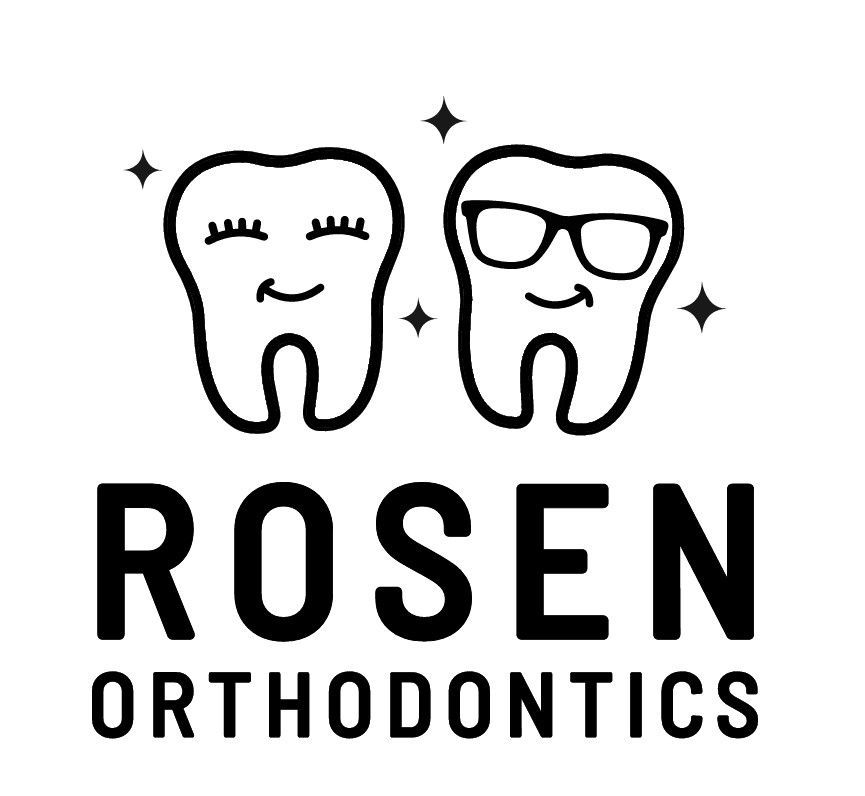Unlocking the Potential of Orthodontic Expanders: Timing, Types, and Beyond
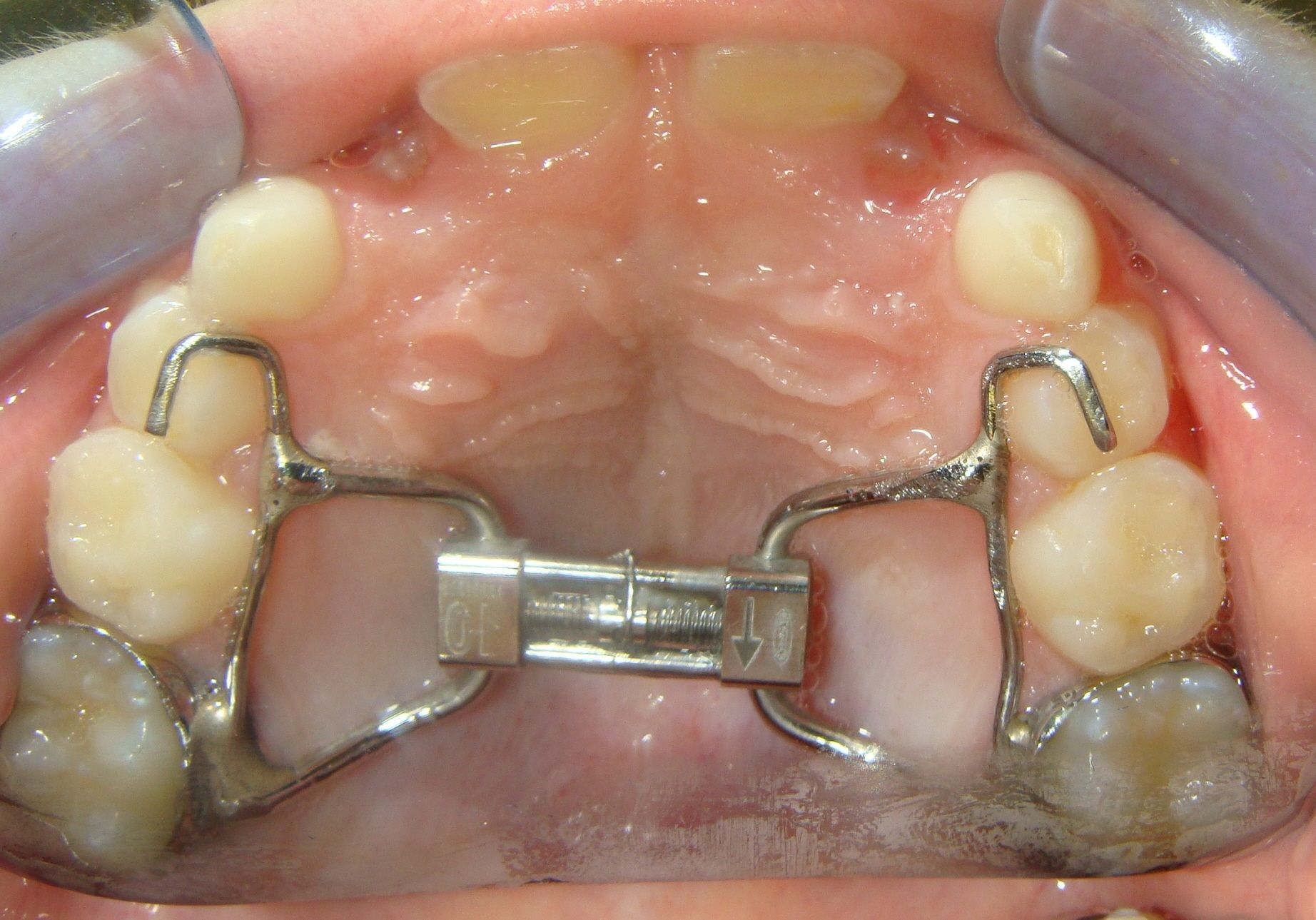
Introduction:
Orthodontic treatment often involves a range of appliances and techniques, one of which is orthodontic expansion. In this blog post, we'll dive deeper into orthodontic expanders, exploring why they are used, when they are most effective, the different types of expansion, and how they relate to the broader concept of airway orthodontics.
1. The Purpose of Orthodontic Expanders:
Orthodontic expanders, as the name suggests, are designed to widen the dental arch. The primary goal is to address issues related to crowding, crossbites, and narrow arches. This expansion creates additional space, allowing teeth to be properly aligned, promoting oral health, and enhancing facial aesthetics. Scientific studies have shown that expansion is an effective approach in resolving these orthodontic challenges.
2. Timing Matters: Early vs. Late Expansion:
Orthodontic expansion can be a highly effective tool, but timing is critical. Early intervention, often during a child's mixed dentition phase, can help correct certain issues before they become more severe. However, it's essential to be cautious about using expanders too early, as this can have downsides. Expanding too soon, before the eruption of permanent teeth, may lead to potential relapse, as the primary teeth are not yet replaced by permanent teeth. Expanding too late can also have its downsides, namely inadequate outcomes and poor stability. It's crucial to consult an experienced orthodontist who can evaluate the specific situation and determine the appropriate timing for expansion based on a thorough examination.
3. Types of Expanders:
Orthodontic expanders come in various types, each suited to different situations. Two common types are Rapid Palatal Expanders (RPE) and removable expanders. Rapid Palatal Expanders are used to correct transverse (side-to-side) discrepancies, particularly in the upper jaw. Hyrax Expanders are one of the most commonly used appliances for this purpose. Removable expanders, such as a Schwartz plate, can also be used, though they do not work as quickly and require significantly more patient compliance. The choice of expander type depends on the orthodontist's evaluation and the specific patient needs.
4. Airway Orthodontics and Expanders:
Orthodontics is not just about aesthetics; it's also about function and overall health. Airway orthodontics considers how orthodontic treatment can positively impact a patient's airway, addressing issues like sleep-disordered breathing and obstructive sleep apnea. While orthodontic expanders can improve the upper airway space to some extent, they have limitations in addressing complex airway problems. Collaboration between orthodontists and specialists in sleep medicine and otolaryngology may be necessary in such cases and these considerations are not for every patient.
5. Limits and Considerations:
Orthodontic expanders have their limits, and not every case is suitable for expansion. The orthodontist's expertise is critical in determining the most appropriate treatment plan. Additionally, the patient's compliance and age can impact the success of expansion treatment.
Conclusion:
Orthodontic expanders play a valuable role in correcting a range of orthodontic issues, enhancing oral health, and improving facial aesthetics. The timing of expansion and the choice of appliance should be carefully considered based on the individual patient's needs and condition. In the broader context of airway orthodontics, expanders can be part of a comprehensive treatment approach, but it may require a multidisciplinary effort in complex cases.
Orthodontic expanders are a versatile tool in the orthodontist's toolkit, offering a pathway to healthier smiles and improved overall well-being. Our expert orthodontists, Dr. Ben Belavsky and Dr. Kristina Sakas Katz, are here to guide you through the process at our Buffalo Grove, IL, location and our Highland Park, IL, location. If you're considering orthodontic treatment for yourself or your child, don't hesitate to contact us today to schedule your complimentary consultation!

